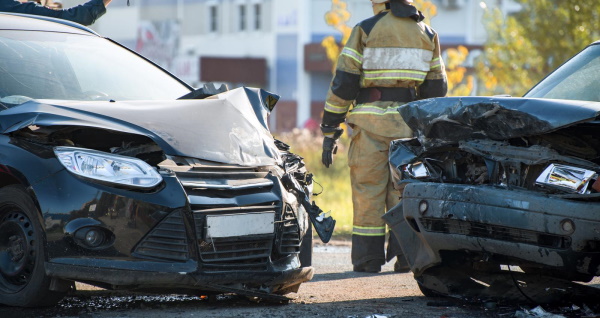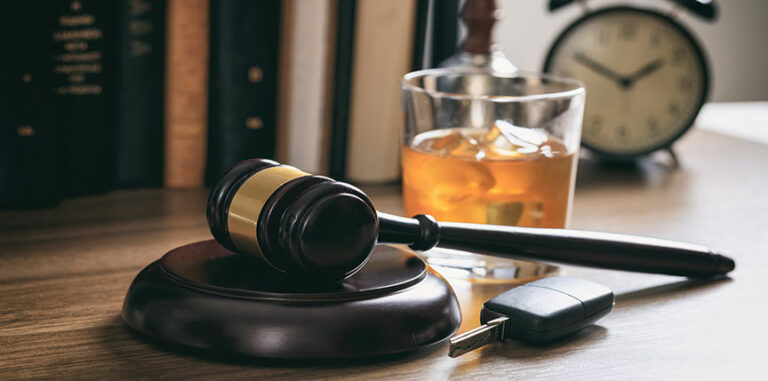- Car Accidents
A Cobb County man will have ample opportunity to reflect on the series of decisions that led to his involvement in an alcohol-fueled car crash that took the life of a popular author.
45-year-old Jeffrey Robert Fettig pleaded guilty to DUI and first degree vehicular homicide after causing a crash that killed 71-year-old Thomas Stanley. According to prosecutors, Mr. Fettig had a BAC of .192 and traces of the sedative Lorazepam in his system when he T-boned his Acura into Mr. Stanley’s Corvette near the intersection of Paper Mill Road and Atlanta Country Club Drive. Mr. Stanley, who sustained serious injuries in the crash, was rushed to a local hospital, where he was later declared dead.
During the allocution, Mr. Fettig stated that, prior to the crash, he had been drinking at several establishments. Immediately prior to the crash, an east Cobb restaurant refused to serve him, as he was obviously intoxicated. The manager actually walked Mr. Fettig out to the parking lot to wait for a cab, but when the manager left for a few moments, Mr. Fettig climbed in his car and drove away.
Mr. Stanley, a former marketing professor at Georgia State University, wrote a popular series of books about the everyday habits of millionaires, lost his life; Mr. Fettig, who expressed remorse for his crime, will spend the next eight years in prison.
Third Party Liability
If the tortfeasor (negligent driver) had been drinking at a bar, restaurant, private club, or other commercial establishment, the state’s dram shop law may apply. This statute, which is named after an old term for a saloon, makes owners liable for damages if their intoxicated patrons later cause a car crash or are otherwise negligent.
The law applies in two situation. If the patron was under 21, strict liability applies. If the patron was 21 or over, liability attaches if:
- Visible Intoxication: Slurred speech, unsteady balance, and bloodshot eyes are just a few of the signs of intoxication. In civil court, the plaintiff need only prove visible intoxication by a preponderance of the evidence, which means more likely than not.
- Vehicle Operation: The owner or employees must serve the patron with the understanding that the intoxicated person would be operating a motor vehicle; for example, someone must see the tortfeasor drive into the parking lot.
- Proximate Cause: Intoxication, as opposed to speeding or distracted driving, must have been the primary contributing cause.
Georgia is a pure several liability state, which means that the defendants are liable for damage in proportion to their negligence.
Negligent Undertaking
Parties can voluntarily create new legal duties where there was no duty before. This theory would apply to the restaurant in the above story: the manager took it upon himself to escort the intoxicated patron to the parking lot, and then abandoned him. To recover damages, the plaintiff must show that the:
- Failure to exercise reasonable care increased the risk of harm;
- Defendant adopted a duty owed by a third person; or
- Injury occurred due to reliance on the undertaking.
In this case, both the first and third elements are arguably applicable.
Alcohol providers, and even non-providers in some cases, may be liable for damages in a car crash. For a free consultation with an aggressive Fayetteville personal injury attorney, contact the Wade Law Firm. Home and hospital visits are available.









